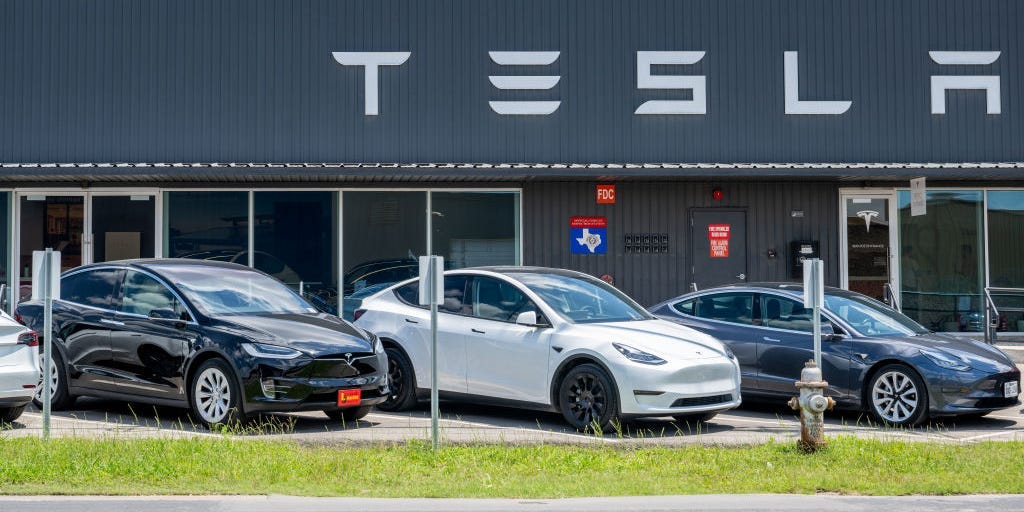- Fisker customers are worried about how a potential bankruptcy could impact service needs.
- Some Fisker owners probably wish they had leased over buying.
- There are several reasons to consider leasing an EV over buying.
Fisker has said it could go out of business by the end of the year.
As it searches for a lifeline, owners of its vehicles are desperately asking what will happen if they miss out on future tech updates and service needs.
Some Fisker owners who purchased their vehicles outright may now be wishing they had leased instead.
To be sure, the vast majority of EV owners don’t have to worry about the maker of their vehicles imminently going out of business. But Fisker’s issues do highlight some of the benefits of leasing over buying, particularly in the EV market, which features limited used-market pricing data and few insights into long-term battery degradation.
Leasing is often eschewed by financial advisors, but here’s why it might make more sense for EV buyers today:
Batteries are improving
Battery technology is only going to improve in terms of overall range, as well as charging speed and longevity.
The average range of an electric vehicle was less than 200 miles in 2010 — but is now closer to 350, according to the International Energy Agency.
Charging ports are also in flux as the industry switches to the North American Charging Standard, which was pioneered by Tesla. (That said, adapters can help you keep up with any charging port changes).
Used EV prices are a huge question mark
There’s limited data on EV resale prices.
Pre-owned EV prices have fallen in line with new EV prices. The Average used EV sold for about $23,787 in February 2024, down from more than $32,000 a year ago, according to data from Recurrent. Some models, like the Tesla Model Y, have fallen even more. Compared to gas-powered cars, EVs tend to lose their value much faster, according to an iSeeCars study that looked at 5-year depreciation.
Several newer EV models don’t have enough used options on the market to accurately estimate their value.
EV leasing is growing in popularity
Leasing an EV is no longer a niche concept. About 27% of all EVs were leased in the first months of 2024, more than double the previous year, according to data from Cox Automotive. Many leases can still qualify for the $7,500 tax credit, too.
Leases can often cost less than a loan — but you don’t get any equity. The average monthly loan was about $744 in March, according to Cox, while lease deals can be found as low as $500, according to data compiled by Electrek.
Of course, there are mileage limits and other limitations on a lease, but some EV makers are trying to rethink vehicle ownership. Polestar last year launched a “flexible lease” program with an early opt-out at five months with no termination fee, and Hyundai’s “evolve+” subscription program comes with 1,000 miles a month and no long-term commitment.
“At the end of the day, leasing is a great solution for customers that want to try it out, that might be afraid of some of the residual value pieces,” GM CFO Paul Jacobson told investors in 2022. “Lease is going to be a very valuable tool across EVs.”
Read the full article here
















